Insights
News, Commentaries, Research Legacies, Reviews
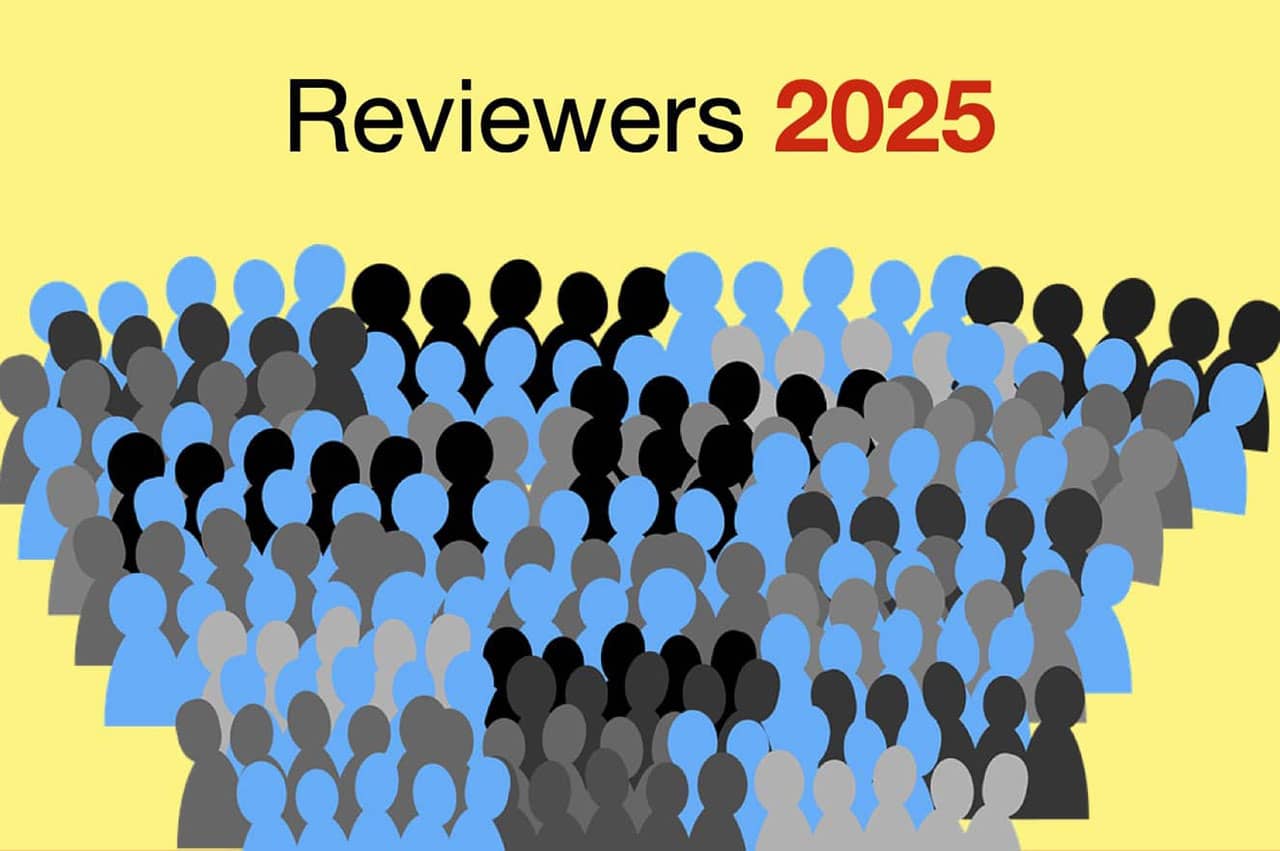
Buildings & Cities gratefully acknowledges and thanks our reviewers.
The Editors of Buildings & Cities would like to thank all our reviewers for their contribution and support during 2025. High-quality peer review is essential to the success of this journal. We wish to acknowledge and celebrate the dedication and efforts of all those who have contributed to this.
Our reviewers have invested much thought, time and care to create conceptual, strategic and detailed feedback which have greatly benefitted authors and readers. An enormous THANK YOU to this diverse community of scholars who help to maintain the highest standards for both Buildings & Cities and the wider community.
More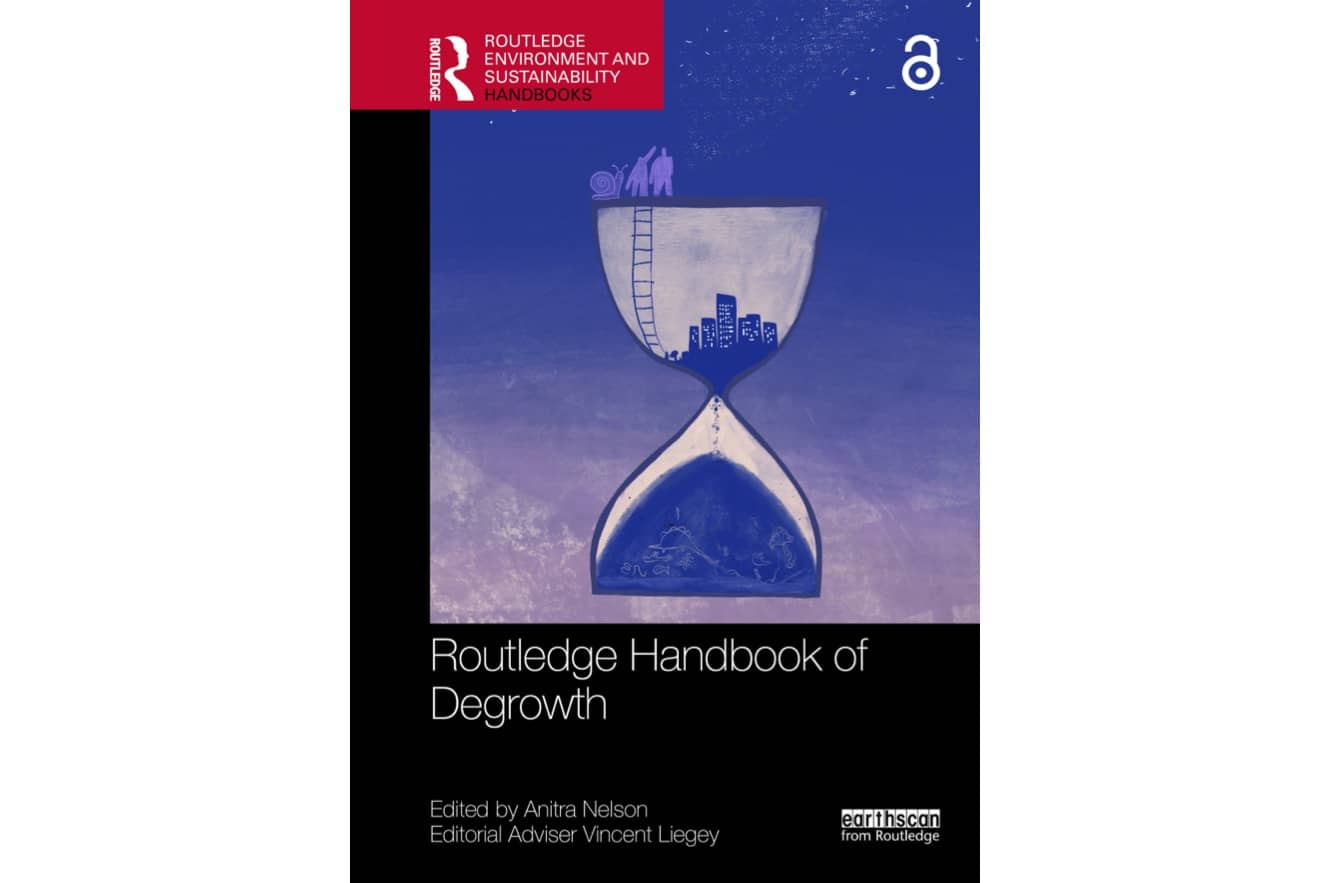
Edited by Anitra Nelson. Routledge, 2025, ISBN: 9781032650159
Anna Pagani applauds this book for providing readers with the tools to understand degrowth and put it into practice through imagination and collaborative experimentation, thereby prompting activists, researchers, professionals and policymakers in the built environment to question and collectively transform the way we inhabit the world. More
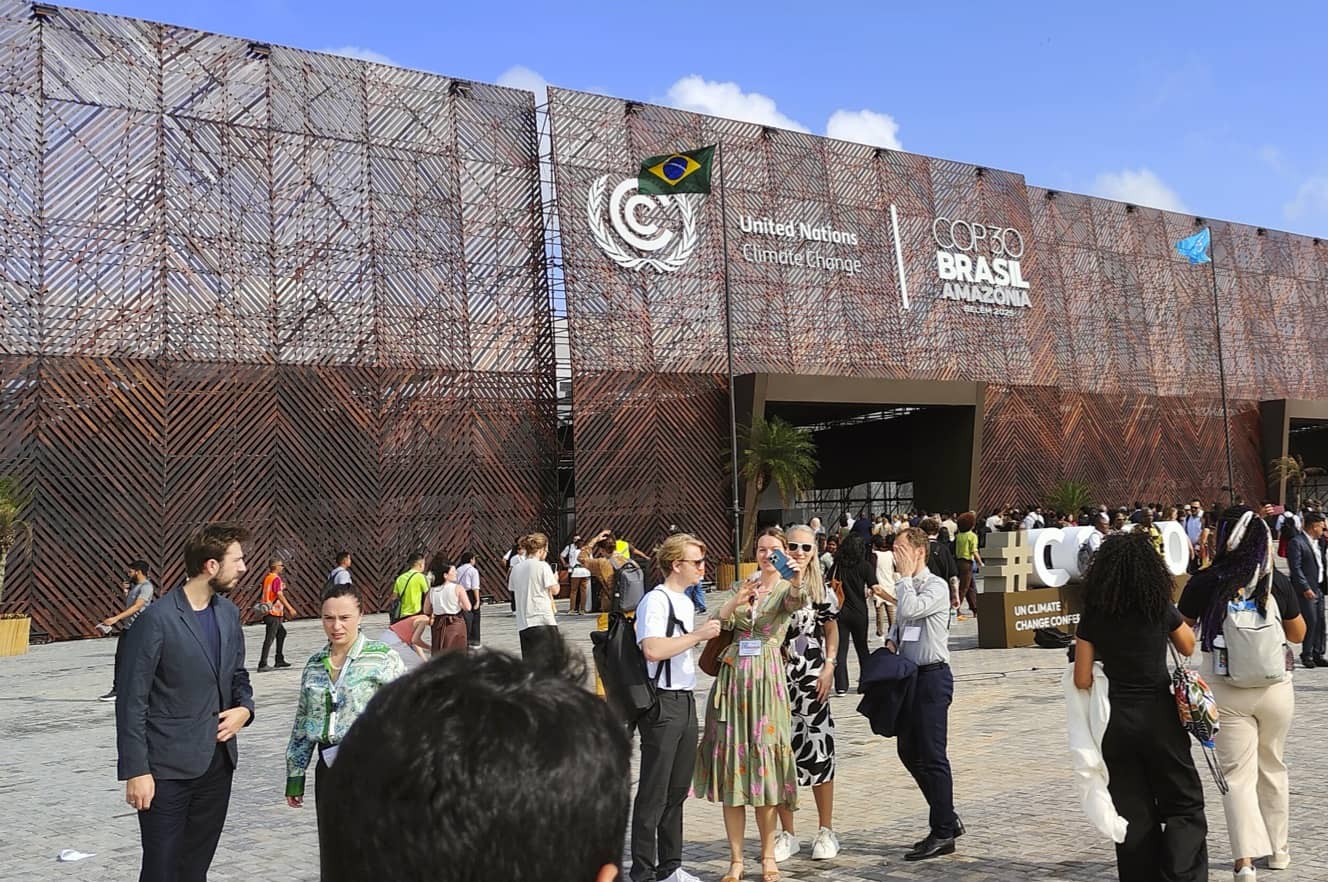
No further climate ambition, promises for affordable housing
Matti Kuittinen (Aalto University) reflects on his experience of attending the 2025 UN Conference of the Parties in Belém, Brazil. The roadmaps and commitments failed to deliver the objectives of the 2025 Paris Agreement. However, 2 countries - Japan and Senegal - announced they are creating roadmaps to decarbonise their buildings. An international group of government ministers put housing on the agenda - specifying the need for reduced carbon and energy use along with affordability, quality and climate resilience.
More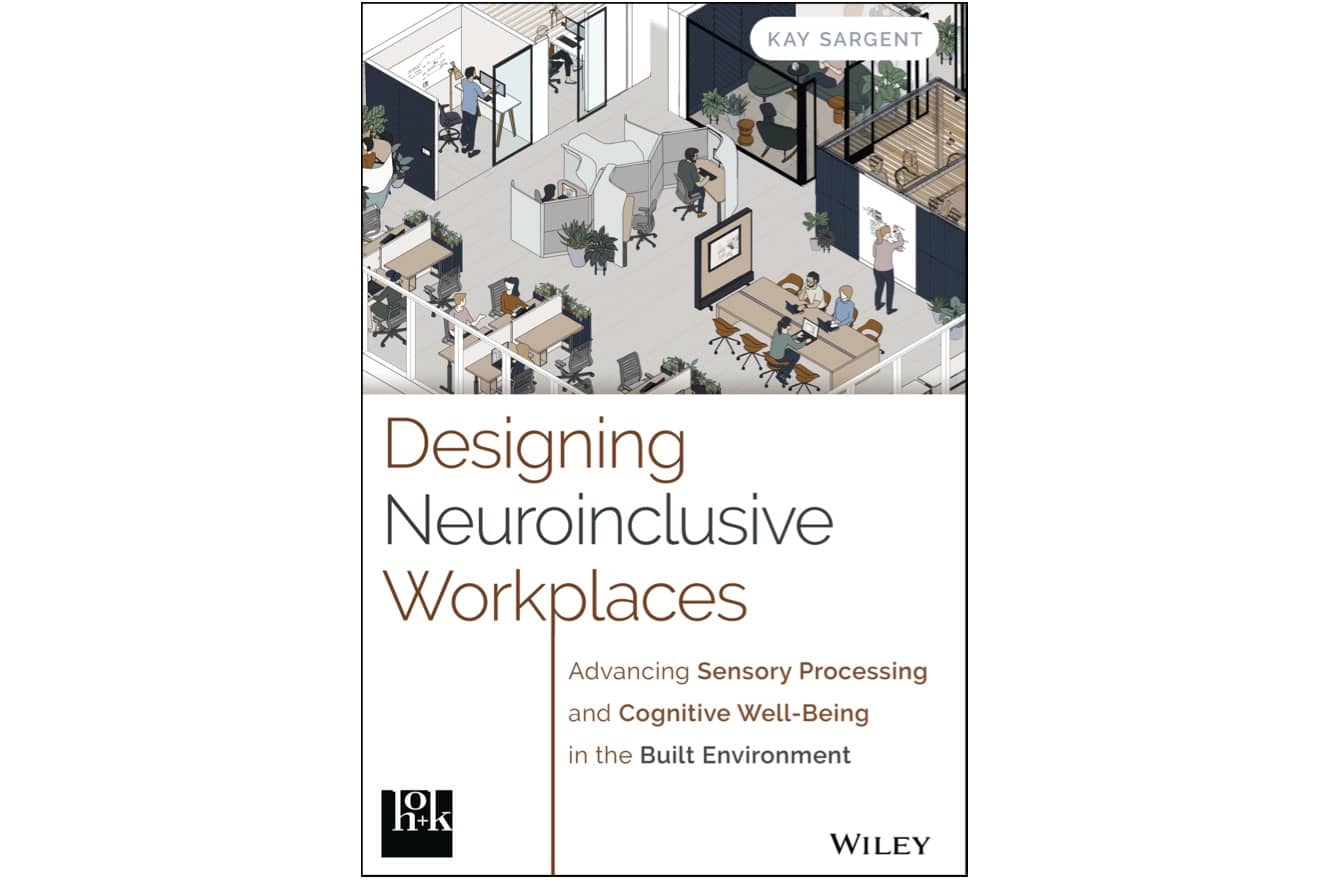
By Kay Sargent. John Wiley & Sons, 2025, ISBN: 1394309337
Kerstin Sailer commends this book, as it fills an important gap for scholars, the design community and the workplace community. It provides understanding on how people with different sensory profiles can thrive in the work environment and insights for creating inclusive workplaces.
More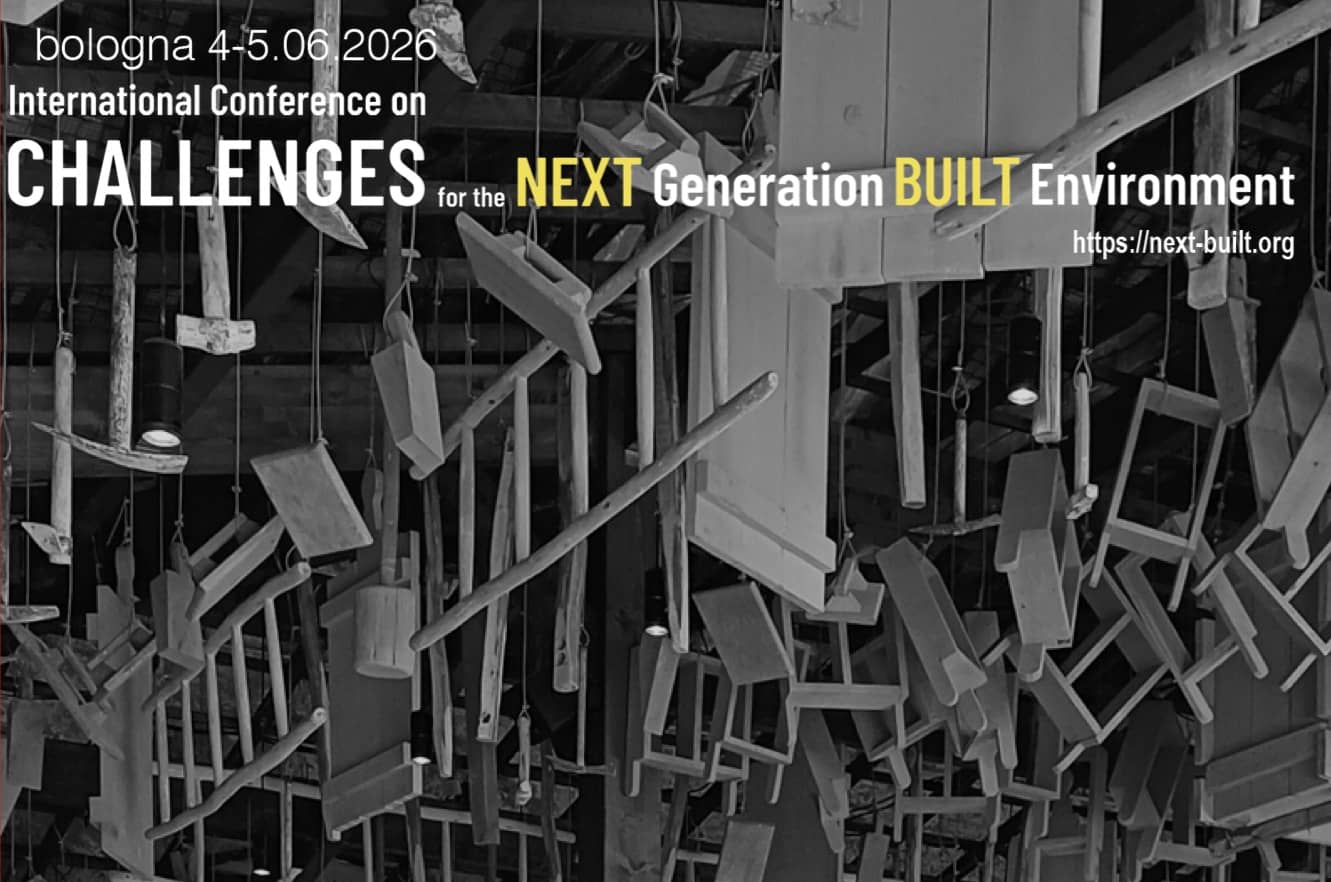
Deadline for abstracts: 05 December 2025
The 3rd International Conference "Challenges for the NEXT generation BUILT Environment" (NEXTBUILT 2026) takes place 4-5 June 2026 and is hosted by the University of Bologna and the Next Built Observatory.
More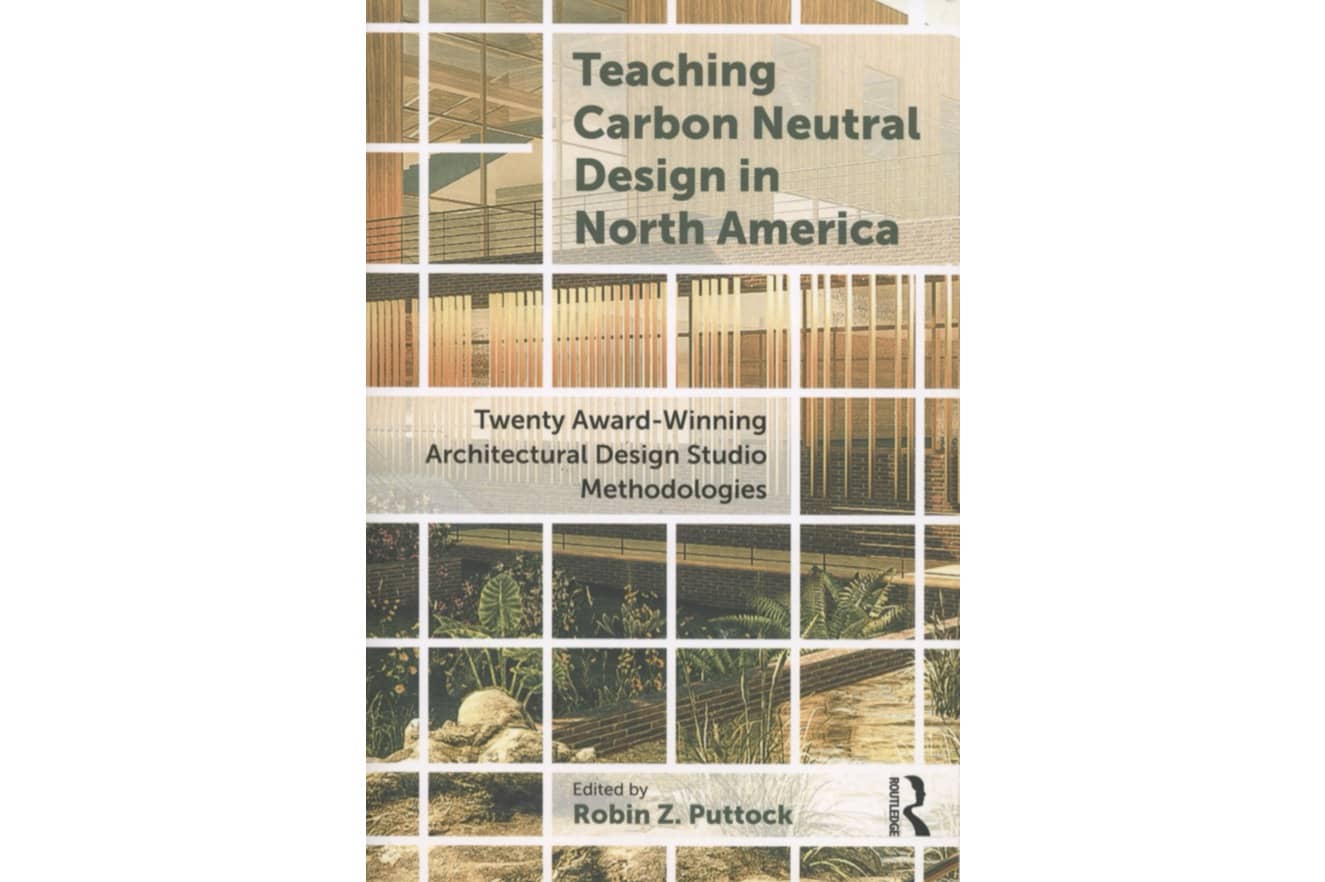
Edited by Robin Puttock. Routledge, 2025, ISBN: 9781032692517
Richard Graves highly praises this book, which is not only a must-read for professors and students of architecture committed to a new practice connecting sustainability performance and design excellence, but also for the broader audience of architectural practitioners who would like a window on experiments for future practice.
More
We are seeking 2 people to journal our editorial team
Buildings & Cities journal is looking for 2 Associate Editors to join our outstanding editorial team to support the journal’s mission. The Associate Editors will work in close cooperation with other B&C Editors. The commitment for each would be 3 hours per week. Associate Editors are also required to attend virtual Editorial meetings. These are community service roles that are non-remunerative.
More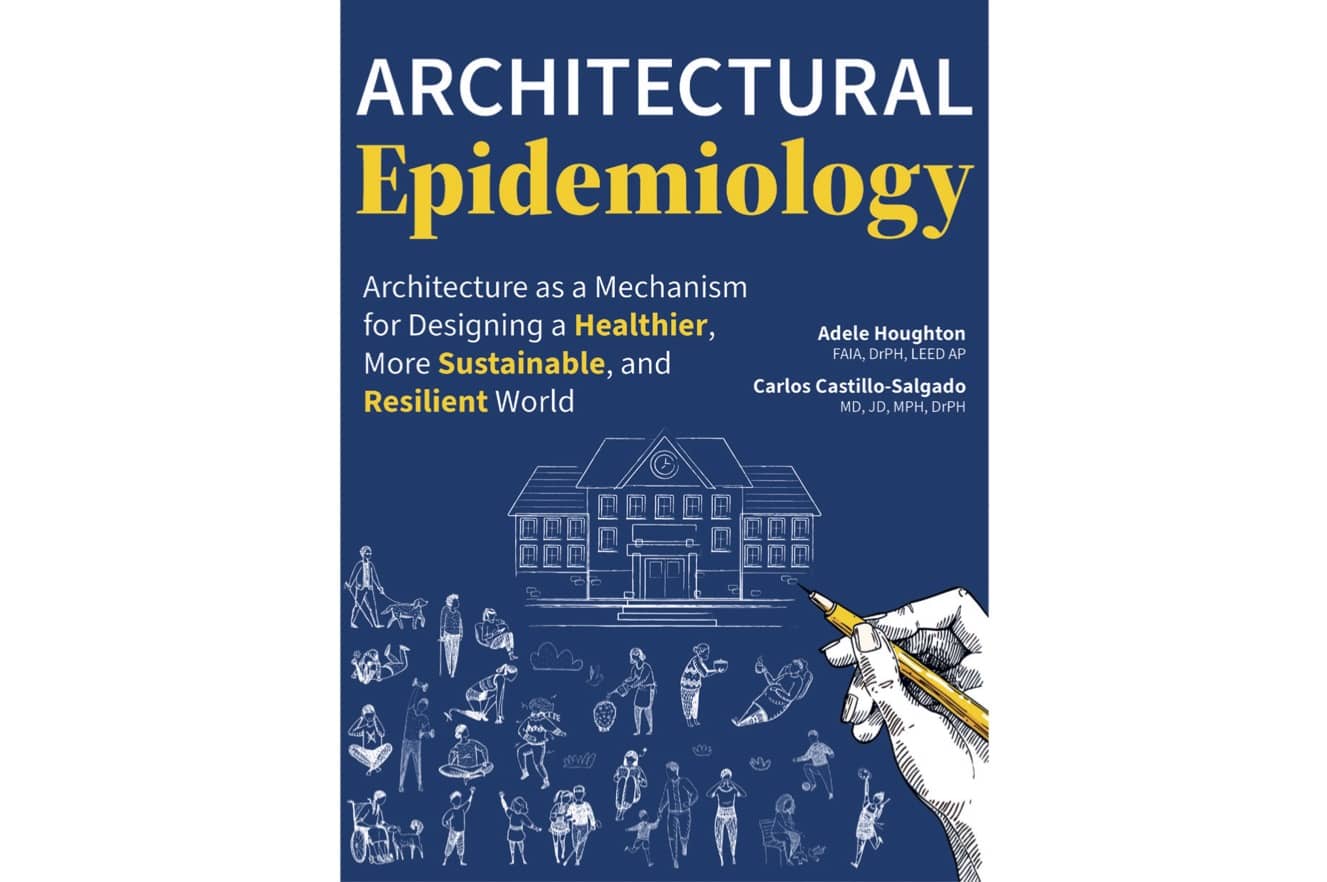
By Adele Houghton and Carlos Castillo-Salgado. John Hopkins University Press, 2025, ISBN: 9781421450698
Vivian Loftness identified this book as the most unique and critical addition to the body of literature on health in the built environment, invaluable for design professionals and educators, public health leaders, property owners and managers.
More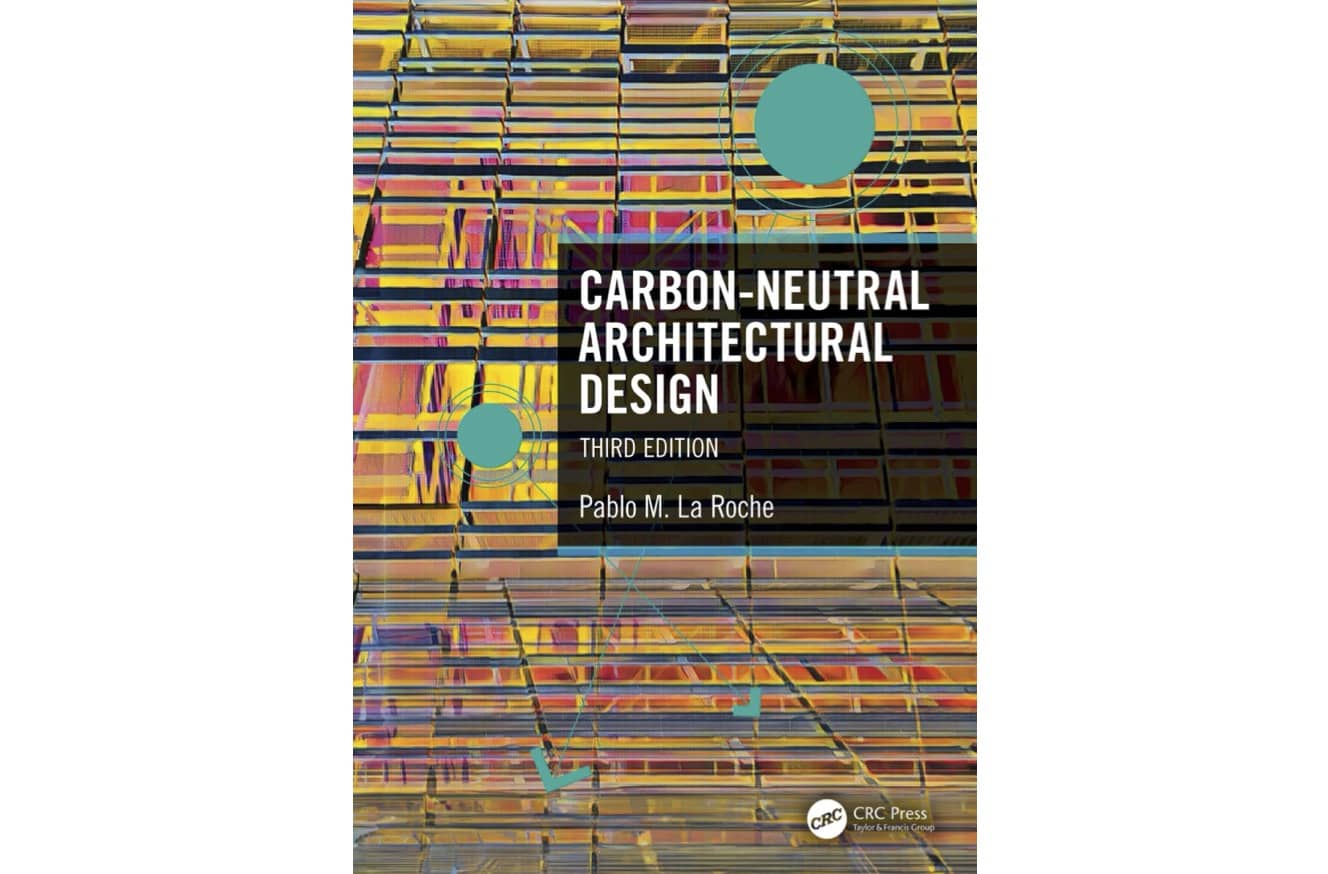
By Pablo M. La Roche. CRC Press, 2024, ISBN: 9781003014829
Ian Taylor reviews this book, which he praises as a must-read for anyone interested in carbon neutral design and sustainable architecture. The far-reaching implications of this book are expected to provide a valuable reference for researchers, policymakers, practitioners, and the general public alike. More

Overview and reflections on key built environment research challenges raised in B&C's anniversary essays
Raymond J. Cole (University of British Columbia) reflects on the key challenges raised in the 34 commissioned essays for Buildings & Cities 5th anniversary. Not only are key research issues identified, but the consequences of changing contexts for conducting research and tailoring its influence on society are highlighted as key areas of action.
More
Rethinking the building code means including performance objectives to limit damage and increase redundancy
Mary C. Comerio (University of California, Berkeley) explains why disaster recovery must begin well before a disaster occurs. The goal is to reduce the potential for damage beforehand by making housing delivery (e.g. capabilities and the physical, technical and institutional infrastructures) both more resilient and more capable of building back after disasters.
More
Why policymakers should create mitigation roadmaps for construction and real estate
To achieve net zero GHG emissions by mid-century (the Breakthrough Agenda) it is vital to establish explicit sector-specific roadmaps and targets. With an eye to the forthcoming COP30 in Brazil and based on work in the IEA EBC Annex 89, Thomas Lützkendorf, Greg Foliente and Alexander Passer argue why specific goals and measures for building, construction and real estate are needed in the forthcoming round of Nationally Determined Contributions (NDC 3.0).
More
How can a self-organised initiative in an informal settlement foster community engagement and confront social issues?
While Living Labs are often framed as structured, institutionalised spaces for innovation, Sadia Sharmin (Habitat Forum Berlin) reinterprets the concept through the lens of grassroots urban practices. She argues that self-organised knowledge spaces can function as Living Labs by fostering situated learning, collective agency, and community resilience. The example of a Living Lab in Bangladesh provides a model pathway to civic participation and spatial justice.
More
Why the built environment research community is vital for policy and strategy implementation
Thomas Lützkendorf (Karlsruhe Institute of Technology) explains how the research community has helped to change the climate change policy landscape for the construction and real estate sectors, particularly for mitigating GHG emissions. Evidence can be used to influence policy pathways and carbon budgets, and to develop detailed carbon strategies and implementation. A key challenge is to create a stronger connection between the requirements for individual buildings and the national reduction pathways for the built environment.
More
Deadline for abstracts: 23 May 2025
The 58th International Conference of the Architectural Science Association is being hosted by the Melbourne School of Design at the University of Melbourne, Australia.
Abstracts are sought across a broad range of topics relating to architectural science, whether you’re working at the material, building or urban scale or in design education.
Abstracts can be submitted via the conference website https://asa2025.au
More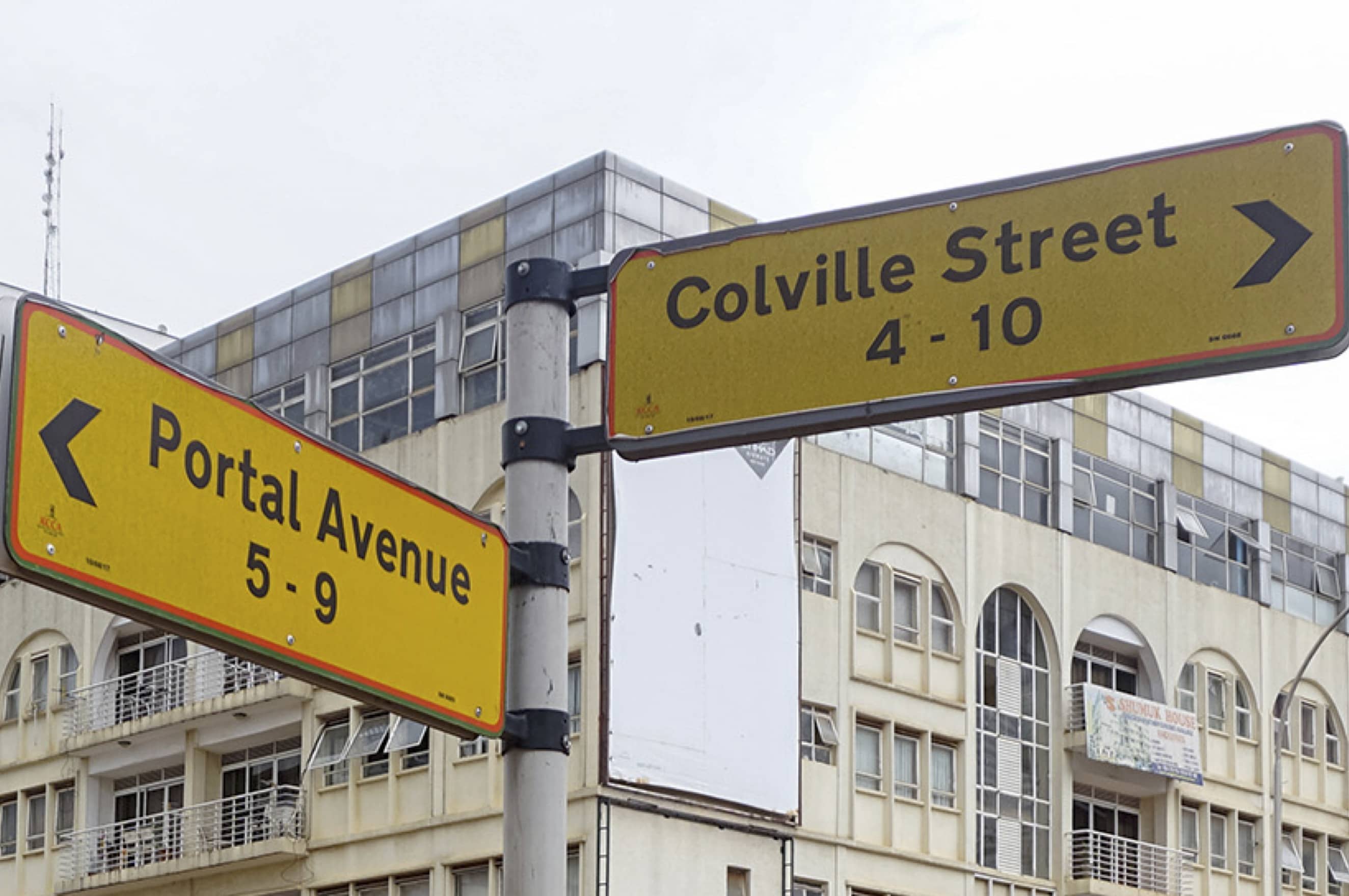
Strategies for decolonising street names: top-down by city authorities or bottom-up by local communities?
During colonialisation, street names were drawn from historical and societal contexts of the colonisers. Street nomenclature deployed by colonial administrators has a role in legitimising historical narratives and decentring local languages, cultures and heritage. Buyana Kareem examines street renaming as an important element of decolonisation.
More
Nature-based design, combined with the transformation of underlying worldviews, can enhance urban resilience.
Increasing vegetation and green and blue spaces in cities can support both climate change mitigation and adaptation goals, while also enhancing biodiversity and ecological health. Maibritt Pedersen Zari (Auckland University of Technology) explains why nature-based solutions (NbS) must be a vital part of urban planning and design.
More
Why a coordinated programme of built environment research needs to be based on the public good
Gavin Killip and Kate Simpson (Nottingham Trent University) propose a coordinated research programme of field trials to create a focus for iterative learning about outcomes in the built environment, for the public good. They explain why a transdisciplinary programme is needed and seven key characteristics of the programme are proposed.
More
How to decide which research challenge to address
How should researchers decide which challenge and issues to address? Marcel Schweiker (RWTH Aachen University) considers the challenges for built environment researchers and reflects on how individuals can make decisions about their own research priorities and portfolios.
More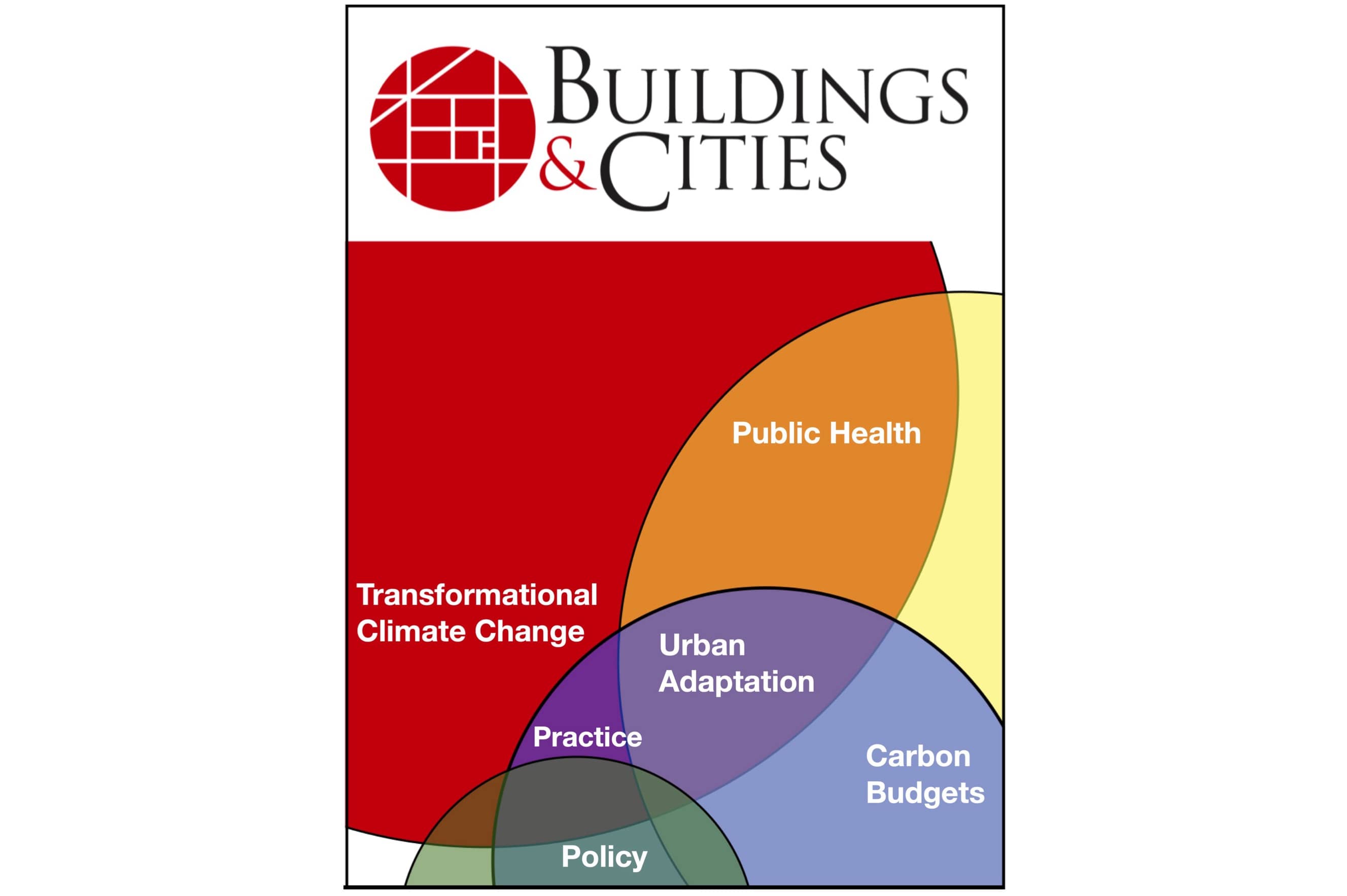
Research papers in B&C are being widely read
Buildings & Cities is pleased to announce that in 2024 our peer reviewed articles were viewed and downloaded 523,612 times from the journal's website.
The great interest shown here is an indicator of the journal's role as an important resource and as a valued contributor to the field.
MoreLatest Peer-Reviewed Journal Content
Energy sufficiency, space temperature and public policy
J Morley
Living labs: a systematic review of success parameters and outcomes
J M Müller
Towards a universal framework for heat pump monitoring at scale
J Crawley, L Domoney, A O’Donovan, J Wingfield, C Dinu, O Kinnane, P O’Sullivan
Living knowledge labs: creating community and inclusive nature-based solutions
J L Fernández-Pacheco Sáez, I Rasskin-Gutman, N Martín-Bermúdez, A Pérez-Del-Campo
A living lab approach to co-designing climate adaptation strategies
M K Barati & S Bankaru-Swamy
Mediation roles and ecologies within resilience-focused urban living labs
N Antaki, D Petrescu, M Schalk, E Brandao, D Calciu & V Marin
Negotiating expertise in Nepal’s post-earthquake disaster reconstruction
K Rankin, M Suji, B Pandey, J Baniya, D V Hirslund, B Limbu, N Rawal & S Shneiderman
Designing for pro-environmental behaviour change: the aspiration–reality gap
J Simpson & J Uttley
Lifetimes of demolished buildings in US and European cities
J Berglund-Brown, I Dobie, J Hewitt, C De Wolf & J Ochsendorf
Expanding the framework of urban living labs using grassroots methods
T Ahmed, I Delsante & L Migliavacca
Youth engagement in urban living labs: tools, methods and pedagogies
N Charalambous, C Panayi, C Mady, T Augustinčić & D Berc
Co-creating urban transformation: a stakeholder analysis for Germany’s heat transition
P Heger, C Bieber, M Hendawy & A Shooshtari
Placemaking living lab: creating resilient social and spatial infrastructures
M Dodd, N Madabhushi & R Lees
Church pipe organs: historical tuning records as indoor environmental evidence
B Bingley, A Knight & Y Xing
A framework for 1.5°C-aligned GHG budgets in architecture
G Betti, I Spaar, D Bachmann, A Jerosch-Herold, E Kühner, R Yang, K Avhad & S Sinning
Net zero retrofit of the building stock [editorial]
D Godoy-Shimizu & P Steadman
Co-learning in living labs: nurturing civic agency and resilience
A Belfield
The importance of multi-roles and code-switching in living labs
H Noller & A Tarik
Researchers’ shifting roles in living labs for knowledge co-production
C-C Dobre & G Faldi
Increasing civic resilience in urban living labs: city authorities’ roles
E Alatalo, M Laine & M Kyrönviita
Co-curation as civic practice in community engagement
Z Li, M Sunikka-Blank, R Purohit & F Samuel
Preserving buildings: emission reductions from circular economy strategies in Austria
N Alaux, V Kulmer, J Vogel & A Passer
Urban living labs: relationality between institutions and local circularity
P Palo, M Adelfio, J Lundin & E Brandão
Living labs: epistemic modelling, temporariness and land value
J Clossick, T Khonsari & U Steven
Co-creating interventions to prevent mosquito-borne disease transmission in hospitals
O Sloan Wood, E Lupenza, D M Agnello, J B Knudsen, M Msellem, K L Schiøler & F Saleh
Circularity at the neighbourhood scale: co-creative living lab lessons
J Honsa, A Versele, T Van de Kerckhove & C Piccardo
Positive energy districts and energy communities: how living labs create value
E Malakhatka, O Shafqat, A Sandoff & L Thuvander
Built environment governance and professionalism: the end of laissez-faire (again)
S Foxell
Co-creating justice in housing energy transitions through energy living labs
D Ricci, C Leiwakabessy, S van Wieringen, P de Koning & T Konstantinou
HVAC characterisation of existing Canadian buildings for decarbonisation retrofit identification
J Adebisi & J J McArthur
Simulation and the building performance gap [editorial]
M Donn
Developing criteria for effective building-sector commitments in nationally determined contributions
P Graham, K McFarlane & M Taheri
Join Our Community

The most important part of any journal is our people – readers, authors, reviewers, editorial board members and editors. You are cordially invited to join our community by joining our mailing list. We send out occasional emails about the journal – calls for papers, special issues, events and more.
We will not share your email with third parties. Read more

Latest Commentaries
COP30 Report
Matti Kuittinen (Aalto University) reflects on his experience of attending the 2025 UN Conference of the Parties in Belém, Brazil. The roadmaps and commitments failed to deliver the objectives of the 2025 Paris Agreement. However, 2 countries - Japan and Senegal - announced they are creating roadmaps to decarbonise their buildings. An international group of government ministers put housing on the agenda - specifying the need for reduced carbon and energy use along with affordability, quality and climate resilience.
Building-Related Research: New Context, New Challenges
Raymond J. Cole (University of British Columbia) reflects on the key challenges raised in the 34 commissioned essays for Buildings & Cities 5th anniversary. Not only are key research issues identified, but the consequences of changing contexts for conducting research and tailoring its influence on society are highlighted as key areas of action.